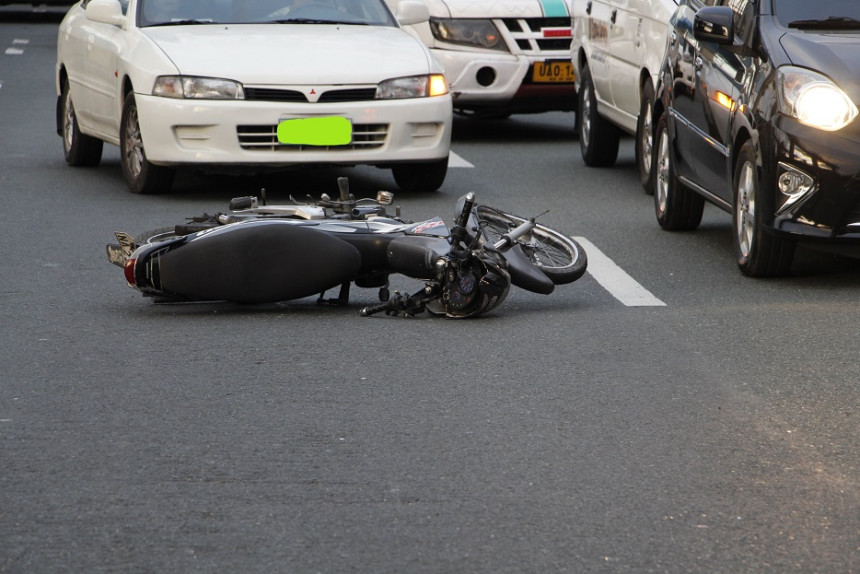Riding a motorcycle can be a thrilling experience, but it also comes with serious risks, especially when it comes to head injuries. Even if you wear a helmet, the chance of getting a traumatic brain injury after a motorcycle accident is high. These injuries can have significant and long-lasting impacts on a person’s life, and it’s crucial to understand what these consequences entail.
Immediate Effects
Right after a motorcycle accident, the signs of a brain injury can vary in intensity. Symptoms like confusion, feeling disoriented, or even a brief loss of consciousness are warning signs. It’s as if the brain has been shaken inside the skull, and the full extent of the injury might not be immediately apparent.
Getting emergency medical care is essential. Doctors will evaluate the situation, often using advanced imaging like CT scans or MRIs to see the extent of the injury. It’s similar to a mechanic using diagnostic tools to check the damage inside a car after a crash.
Long-Term Health Issues
The long-term health problems caused by a brain injury can be diverse and very challenging. Cognitive functions like memory, attention, and problem-solving can be affected. For some, it’s like living in a fog where thoughts are harder to grasp, and making decisions that used to be easy now takes a lot of effort.
These cognitive difficulties can disrupt jobs, hobbies, and daily life. It’s as if the person’s mental “operating system” has been compromised, and they have to relearn and adapt to new ways of thinking.
Physical Challenges
Physical difficulties after an injury can include constant headaches or problems with coordination and balance. For some, it becomes hard to perform tasks that require fine motor skills, like buttoning a shirt or typing an email.
It’s like the body’s normal functioning has been disrupted, and tasks that used to be simple now encounter obstacles and delays. Physical therapy can be very important in helping the body relearn how to do basic things and regain independence.
Emotional and Psychological Effects
The emotional and psychological impact of a brain injury can be just as significant as the physical effects. Mood swings, depression, and anxiety are common, and they can often get worse because of the stress of recovery and the changes in one’s abilities and lifestyle.
It’s like the emotional controls in the brain are no longer reliable, leaving people feeling adrift and at the mercy of unpredictable emotions. Getting professional help from psychologists or counselors can be crucial in navigating these challenging emotional waters.
Impact on Work and Finances
For many people, a brain injury means they can’t work, which can lead to financial difficulties. The loss of income, along with medical bills, can create a financial crisis that feels as overwhelming as the injury itself.
Dealing with the legal and insurance aspects of getting compensation can be complicated. Sometimes, consulting a legal expert to understand your rights and options is necessary, much like seeking financial advice during a financial crisis.
Social and Relationship Changes
Brain injuries can strain social relationships and change a person’s social life. Activities that used to be easy may now be exhausting or overwhelming. Social interactions often require more effort, and the need for rest can be misunderstood as withdrawal or disinterest.
It’s like the rules of social engagement have changed, and both the injured person and their social circle need to learn new ways to interact and provide support.
Rehabilitation and Recovery
The path to recovery from a traumatic brain injury after a motorcycle accident is often long and requires many different approaches. It’s a process of relearning and adapting, where small achievements can lead to significant progress.
This journey isn’t just about physical recovery but also about rebuilding one’s identity and finding new ways to connect with the world. It’s a process that demands patience, determination, and a supportive network of family, friends, and healthcare professionals.
The journey of recovery from a brain injury after a bike accident is intricate and multi-faceted. It affects every aspect of a person’s life, from their physical abilities to their emotional well-being. However, with the right support and resources, individuals can navigate this challenging path and move towards a fulfilling life redefined by resilience and adaptation. Remember, recovery doesn’t mean going back to how things were before; it’s about evolving into something new.







